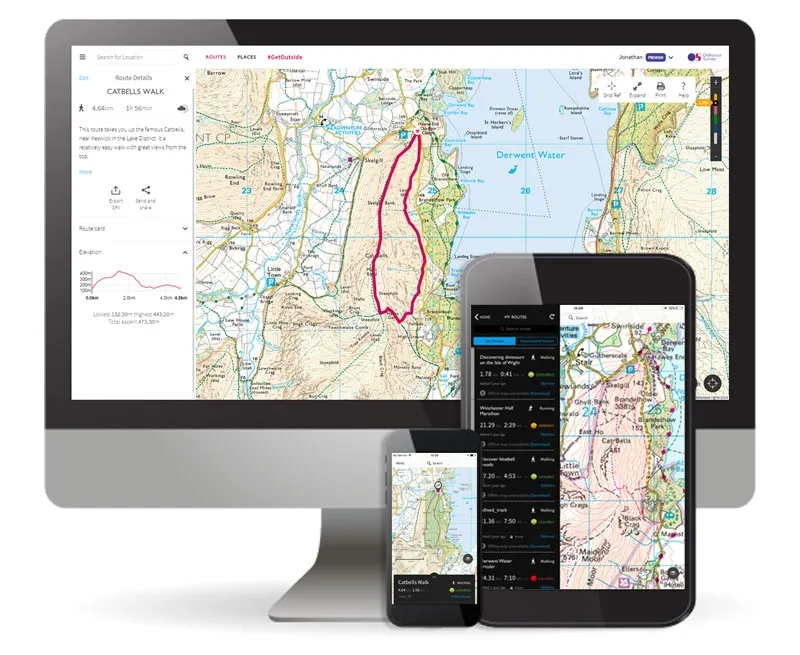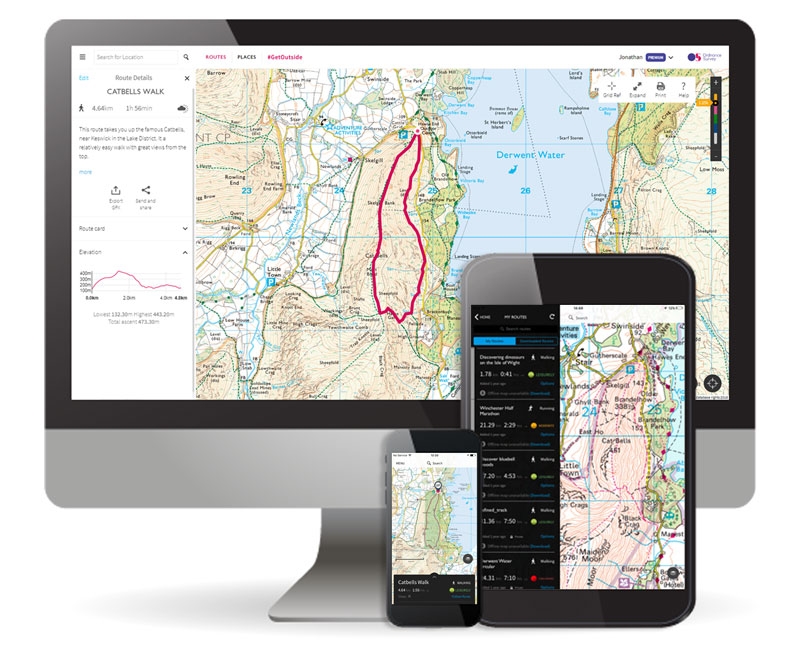If your company is looking for new talent and you want to share the opportunity with our community, feel free to submit a job using the online form for us to review and include in our list! If you would like to know more about our Geospatial Job Portal, read about it here.
If you are enthusiastic about location data or anything geospatial, then this is the job portal for you!
Looking for more positions in GIS, academia, or design, or even remote roles? Go directly to our searchable Geospatial Job Portal!
Featured Job: Fullstack Developer at Mapz
📍Cologne, Germany or Remote
If you have ever been interested in specialized geodata services like Mapbox, CARTO or Komoot, then you might be right for Mapz! We are map designers and are continuously expanding our mapz.com map portal here in Cologne into a flexible WebGIS system that specializes in the collection, management, and presentation of location data.
![]() Apple: Requirements Engineer – Maps
Apple: Requirements Engineer – Maps
📍Berlin, Germany
![]() Tufts University: Part-time Lecturer – Introduction to the Theory and Technology of Maps
Tufts University: Part-time Lecturer – Introduction to the Theory and Technology of Maps
📍Medford, MA USA
![]() Esri Australia: (GIS) Service Delivery Manager
Esri Australia: (GIS) Service Delivery Manager
📍Sydney or Canberra, Australia
![]() UP42: Lead Backend Engineer
UP42: Lead Backend Engineer
📍Berlin, Germany
![]() Geosite: GIS Analyst/Cartographer (entry or mid-level)
Geosite: GIS Analyst/Cartographer (entry or mid-level)
📍Palo Alto, CA USA
![]() Wunder Mobility: Product Owner
Wunder Mobility: Product Owner
📍Hamburg, Germany
![]() New Zealand Defence Force: Geospatial Intelligence Analyst
New Zealand Defence Force: Geospatial Intelligence Analyst
📍Wellington, NZ
![]() Mapbox: Technical Support Engineer, Germany
Mapbox: Technical Support Engineer, Germany
📍Munich, Germany
Even if the job might not be for you, it might be for someone in your network. Please share!
Are there any specific things you’d like to see in our job portal? Feel free to get in touch. Be sure to follow us on LinkedIn as well!
Want to get your dose of Geospatial Jobs directly to your inbox? Subscribe to our jobs newsletter here.








